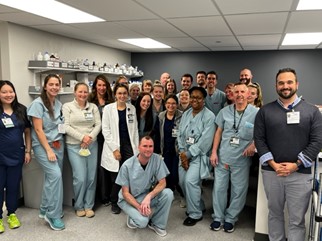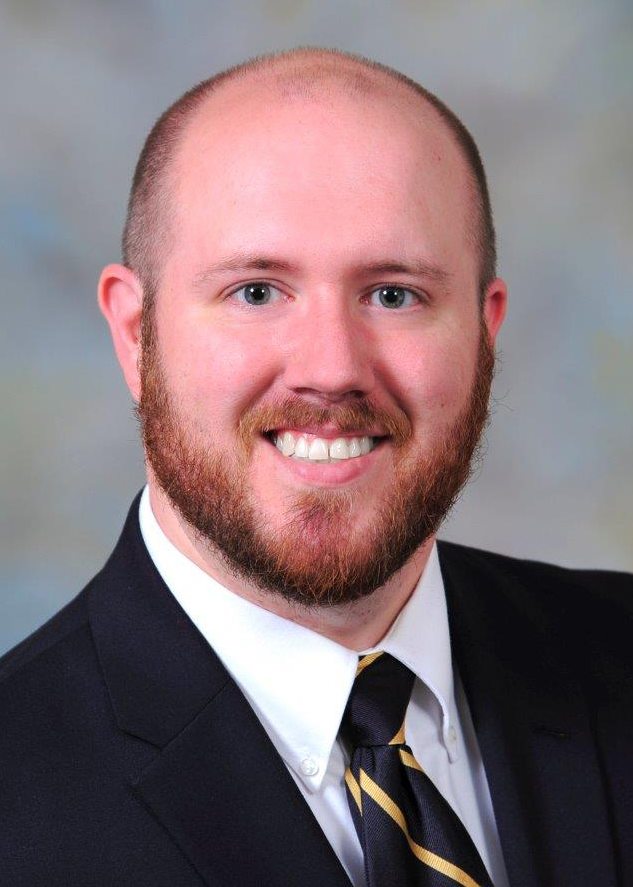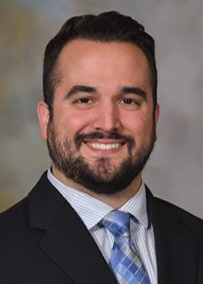Pharmacy Services
The Elliot Health System Pharmacy team is dedicated to promoting safe and effective medication use. We offer both inpatient and outpatient services and cover populations ranging from preterm infants through geriatrics.

The Elliot Health System Pharmacy team is dedicated to promoting safe and effective medication use. We offer both inpatient and outpatient services and cover populations ranging from preterm infants through geriatrics.
Our retail pharmacies offer a variety of services to patients including prescriptions, compounding, adherence packaging, and meds to beds, along with specialty pharmacy services.
Go to page
From obtaining financial assistance, to navigating through your insurance benefits, coordinating with providers, and managing refills, the Elliot Specialty Pharmacy patient liaisons will integrate with your clinic to help alleviate that stress so you can focus on what really matters —enjoying your life.
Learn More
The Elliot is proud to offer both medication clinic services and anticoagulation clinics to patients within the Elliot Physician Network as an important part of our ambulatory care services.
Learn More
 Our pharmacy team cares for hospitalized patients from over 15 patient care areas. Through a decentralized model, our pharmacists are working alongside physicians, nurses, and other team members to provide safe medication order review, medication information, consults, and support. Decentralized areas include adult and neonatal intensive care, medical, surgical, and the emergency room. In our central pharmacy, the preparation and distribution of medications is facilitated by state-of-the-art equipment, including our USP Chapter 797 compliant IV and chemo clean rooms. Support with medications is also provided from our central pharmacy to the outpatient infusion, urgent care, and surgical centers.
Our pharmacy team cares for hospitalized patients from over 15 patient care areas. Through a decentralized model, our pharmacists are working alongside physicians, nurses, and other team members to provide safe medication order review, medication information, consults, and support. Decentralized areas include adult and neonatal intensive care, medical, surgical, and the emergency room. In our central pharmacy, the preparation and distribution of medications is facilitated by state-of-the-art equipment, including our USP Chapter 797 compliant IV and chemo clean rooms. Support with medications is also provided from our central pharmacy to the outpatient infusion, urgent care, and surgical centers.
In 2020, pharmacy services expanded into the Solinsky Center for Cancer Care. The Cancer Center has its own dedicated team of pharmacist and technician specialists who ensure the highest quality medication products for our patients.
The mission of the Elliot Health System Pharmacy Services is to provide safe, cost effective, and evidence-based patient-centered care by a dedicated team. As a team, we are inspired to develop valued expertise in the practice of pharmacy to serve the community’s health care needs.
The vision of the Elliot Health System Pharmacy Services is to be a center of excellence by:
The Elliot Health System Pharmacy Services leverages a wide array of technologies and automation to promote safe, high-quality outcomes for our patients.
These technologies range from:
To support our new and existing technologies, our Pharmacy Informatics team provides 24/7 coverage to the pharmacy and to the Elliot Health System. The Elliot Hospital has been named on the Most Wired Hospitals list for several years.
We offer numerous professional growth and advancement opportunities including our Pharmacy Residency Program.

Molly Mortimer, Pharm.D., MSHA, FACHE
Director of Pharmacy Services

William McCormick, PharmD, RPh
Pharmacy Manager – Ambulatory Pharmacy Services

Jonathan Napoli, PharmD, MHA, BCPS
Pharmacy Manager – Acute Care
Thank you for taking the time to learn more about Elliot Health System Pharmacy Services. Our contributions to the patients we serve are innovative and impactful. The team’s daily actions make a difference in the use of medications within our health system. Our current scope of services includes: hospital pharmacy, retail pharmacy, oncology infusion pharmacy, prior authorization clinic, and anticoagulation clinics. Our involvement with training pharmacy residents and students from many different pharmacy schools is of great importance to us in advancing the pharmacy profession. Please take a few minutes to browse and learn more about our services and the commitment to patient care we provide.